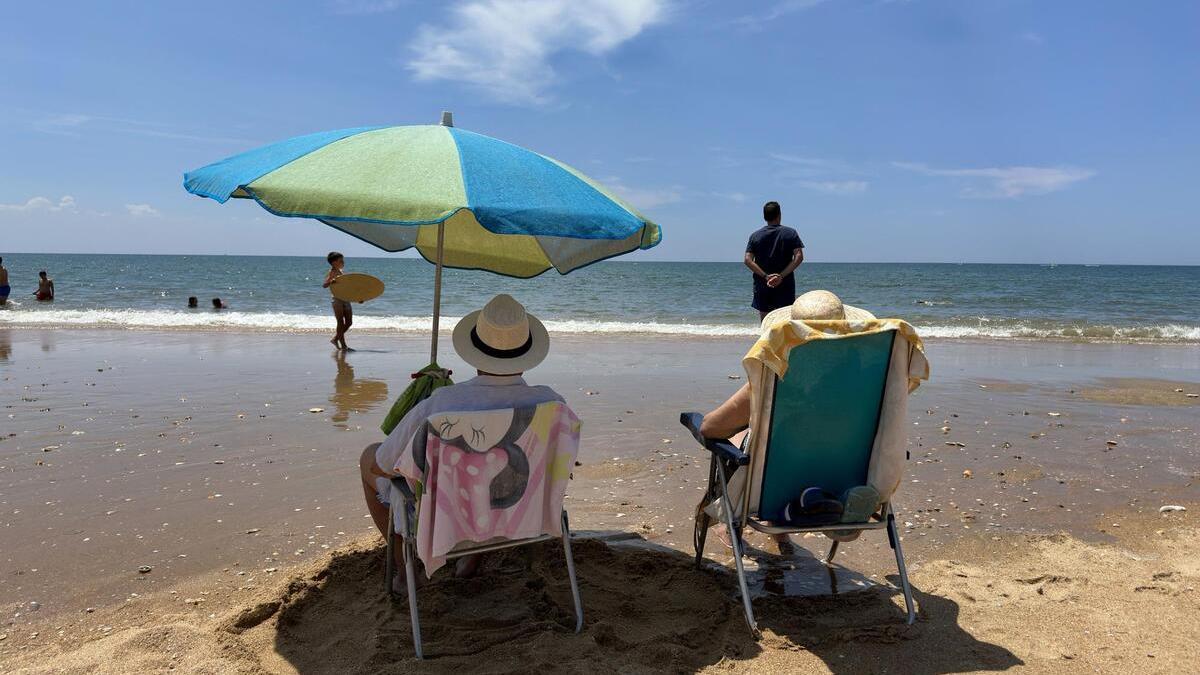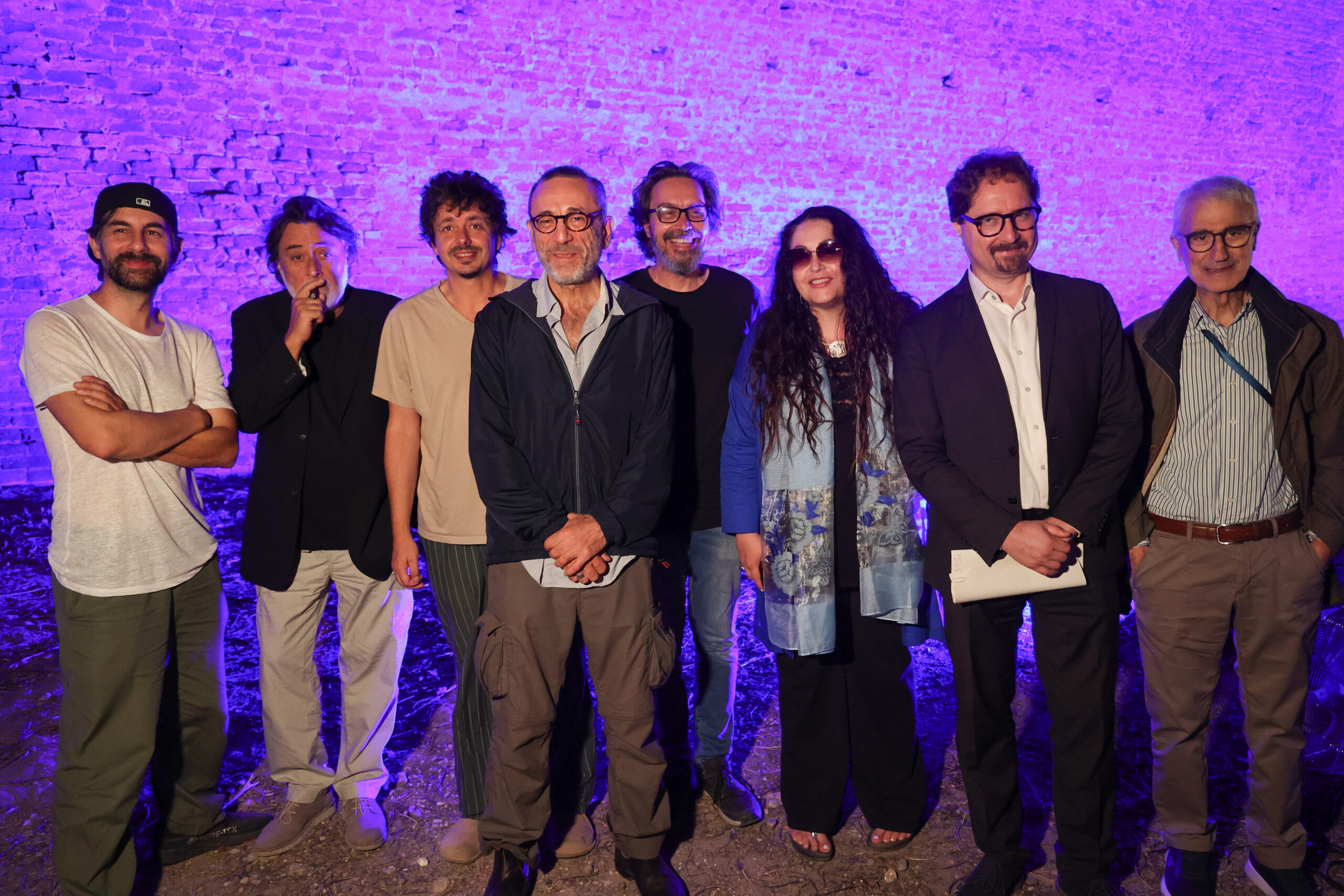Vitamin D mainly works to maintain bone structure. “If we don't have vitamin D, we won't be able to absorb calcium,” says Xavier Nogues, MD, chief of internal medicine at Hospital del Mar. By itself it improves the absorption of calcium in food. “When we don't have vitamin D, this doesn't happen, and other hormones kick in that cause calcium to be taken from the bones,” Nogues points out. But, in addition to this, vitamin D has other functions: most of the body’s cells contain receptors for vitamin D, so it also affects “the immune system, muscles, and in controlling inflammation, and it has, in addition, an anti-cancer effect on cells.”
According to Nogues, Catalonia, due to its location in the Northern Hemisphere, has barely received vitamin D since October. “From October to May, the production of vitamin D in our skin is very low. We only produce it in June, July, August and September,” explains this internist. But, in addition, the “food source” of vitamin D (butter, eggs, creamy fats, milk Full fat and cream) is consumed little due to cholesterol. It is also difficult for people in cities to get the sun. “Moreover, we cover ourselves and apply sunscreen, which is essential to avoid cancer,” Perez points out.
What are the problems associated with it?
Vitamin D deficiency leads to a number of problems. The first is osteoporosis, a disease of the skeleton in which there is a decrease in bone mass density. Consequently, bones become more porous, the number and size of cavities or cells within them increase, they become more brittle, resist blows worse, and break more easily.
But, in addition, there can be osteomalacia, a pathology that consists of bone remineralization. Osteomalacia particularly affects the elderly. In many cases the patient is asymptomatic, while in other cases he may experience pain.
Doctors also point out that vitamin D deficiency can also cause rickets (softening and weakening of bones) in young children. Adding vitamin D or calcium to the diet usually corrects these problems. It has also been linked to respiratory infections, such as pneumonia, tuberculosis, and bronchiolitis. Pneumonia is a serious form of acute lower respiratory tract infection and the leading cause of death in children worldwide.
Finally, some American studies indicate that in areas with less sun, there are higher numbers of colon, breast and prostate cancer, according to Dr. Noges. “This has been seen in areas where vitamin D is low due to lack of sun exposure,” explains this doctor.
Who is most affected?
In general, Dr. Perez points out, institutionalized older adults tend to be more vitamin D deficient. This is because they go out less, and when they do, they have more coverage. But in general, people who live in cities have less exposure to sunlight.
In addition, endocrinologists have many patients with vitamin D deficiency, because a large portion of these are people with obesity. “80% or 90% of people with obesity have vitamin D deficiency, which is exacerbated if they also undergo gastric bypass surgery,” says Antonio Pérez, an endocrinologist in Sant Pau.
Dr. Noges also says that people with darker skin have more protection against the sun's rays and therefore tend to be more vitamin D deficient. D and should be lower,” notes Perez. Although sunscreens are essential for preventing skin cancer, they also make the sun less harmful to the skin.
How can I get vitamin D?
According to doctors, exposure to sunlight for 10 minutes without using sunscreen will be sufficient, but always for people who have no risk of skin cancer. According to Dr. Noges, vitamin D supplements are recommended, especially for people with osteoporosis.
“It is enough to do a test and know your vitamin D levels,” says the internist. “You take a dose every 15 days and there is practically no one with poisoning.” He adds: “The ideal thing is to do like the Nordic countries, who, since they do not have the sun, supplement all their food: biscuits, orange juice, milk….”

“Infuriatingly humble social media buff. Twitter advocate. Writer. Internet nerd.”



